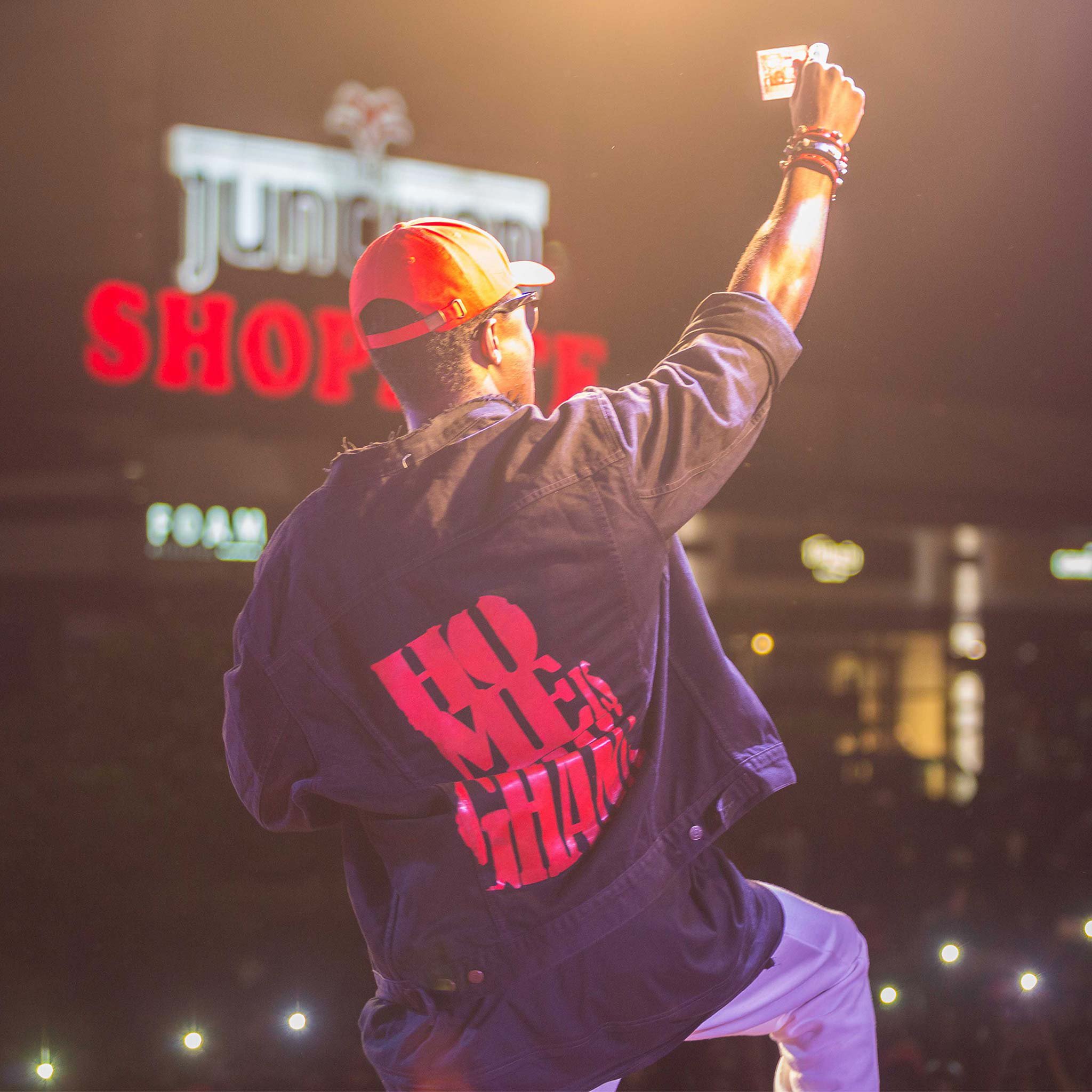The US plays an outsized role in the world, so your choice for president and the Senate have global implications. So get out and vote, and don’t let anyone stop you.
Whenever election time rolls around, I always remember the people I have met in other countries struggling to make their voices heard in their own governments and taking so much interest in who leads the US.
I once had dinner with a group of university students in Bamako, Mali, when several of them said they had to leave to go take a nap so they could get up at 2 a.m. to watch the debate between President George W. Bush and Senator John Kerry. Our choice of the next US president was that important to them.
I’ve also been inspired by the struggles of people to improve the democratic process in their own countries. In Ghana, I spoke with a rap star who encouraged his young fans to get involved in elections, speak out to the candidates about their concerns, and vote. He wanted young people to be more involved in pushing politicians to act on their concerns. I’ve spoken with political activists in Zimbabwe traumatized by political violence around their own elections who overcame hatred of their opponents and established peace committees to end the bloodshed in the streets.
That’s why I’m puzzled when I hear about people in the US not bothering to vote. Having met so many people struggling for their rights, my ability to cast a ballot becomes an almost sacred duty. I realize I sound like your mother telling you to eat your lima beans because there are children starving in poor countries, but if you have the privilege to vote and a clear path to cast your ballot, let’s just say you owe it to anyone struggling for the same right to make it happen. It shows that you don’t take your right to vote for granted.
Your vote is bigger than you
Another reason to vote is that your choice affects others, not just you. The results of elections here have global implications, as the students in Mali showed me. Whether you think it should be or not, the US is a world leader and people in other countries look to us for security, trade opportunities, aid in disasters and for long-term development, and often for inspiration. We are a nation of immigrants who have built a country that defeated fascism in World War II and sent people to the moon. And we’re perceived by the world to be a well-functioning democracy. (Until recently anyway. During the recent presidential debate, I wondered what students in Mali would have thought about it.)

We’re also a country that has secretly bombed Cambodia, overthrown the democratically elected leaders of Guatemala, and supported tyrants and kleptocrats to keep them on our side during the Cold War. And today we are working against global efforts to address climate change, and violating international law by preventing asylum seekers from achieving safety within our borders. Our foreign policy, and how it affects people, is done in your name and mine. So if you want a government that shares your concerns about climate change and the basic rights of vulnerable people, you need to vote.
Vote as an act of defiance
I’ve never had a problem registering to vote or casting my ballot. Many white males like me don’t. But a lot of people here in the US who want to vote really can’t, especially Black and people of color who have been historically marginalized and prevented from participating in elections. Some states have partisan officials in charge of elections and they purge voter rolls, make it difficult to register, and institute voter identification laws that make it harder for some people to vote. They have a limited number of polling places, making people wait so long at fewer sites that the time commitment to vote makes it impossible for some. And the 2013 Shelby County v. Holder Supreme Court decision removed restrictions on changes in voting laws in jurisdictions with a history of discrimination.
Putting up all these barriers to voting works: The US has one of the lowest rates of voting among liberal democracies.
- In the 2018 mid-term elections, only about 52 percent of voting-age people cast a ballot – about 120 million people.
- In Wisconsin, new voter ID laws may have prevented 45,000 voters from exercising their right in the 2016 election – that’s in a swing state decided by 22,000 votes.
- Votes by Black people nationally declined in the 2016 election by seven percentage points. “We’re the only advanced democracy that deliberately discourages people from voting,” President Obama once said.
This country has a long and shameful history of voter suppression. Nothing should stand between an eligible voter and the ballot box. Think of your vote as an act of defiance, cast in solidarity with those whose voices are suppressed.
Finally, for those who have not yet voted: Right now, it’s especially important to vote safely and as early as you can to make sure all votes are counted. Oxfam is celebrating National Vote Early Day this year on October 24, and you can find out how to join on the Vote Early web page. There’s more information about registering, how to get a mail-in ballot, and other voting regulations in your state at our partner, Head Count’s, site.
Use your voice. Don’t ever let anyone stop you from voting.
